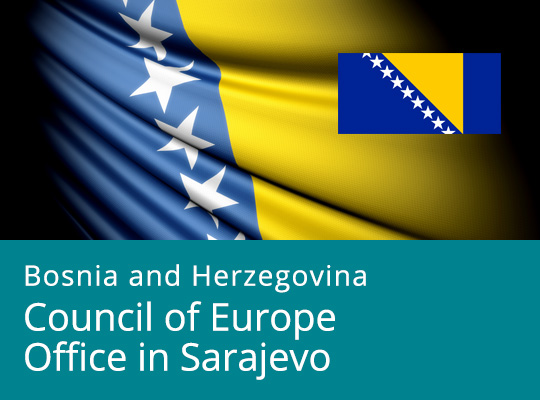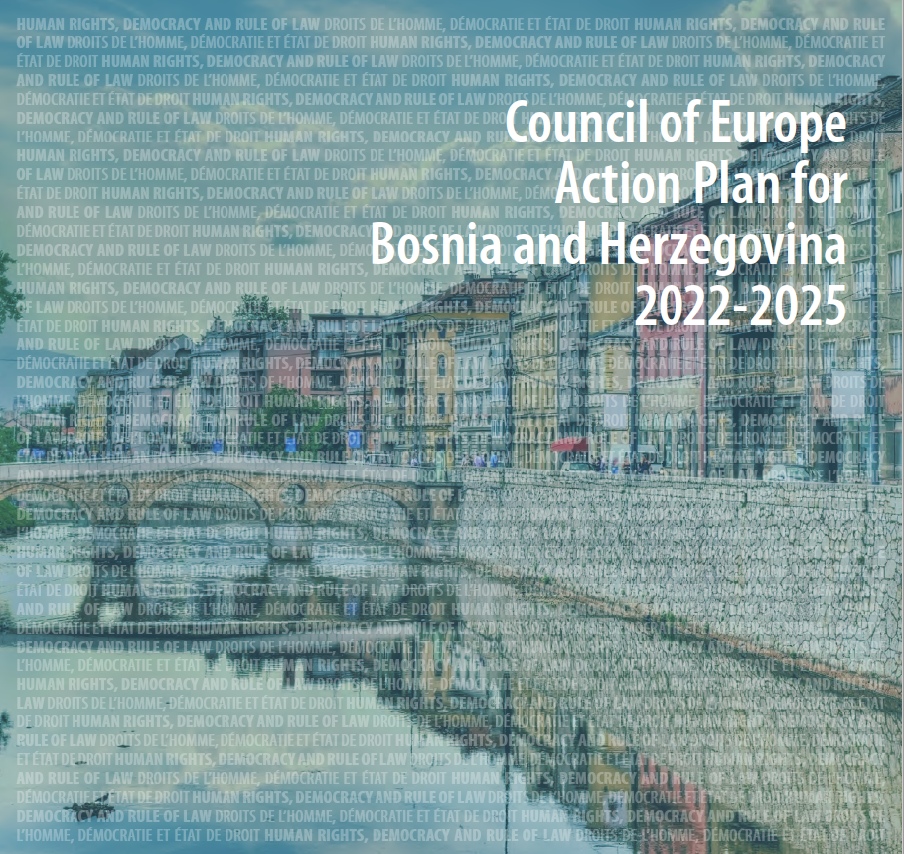What are the examples of good practices regarding the development of media and information literacy (MIL) and how can these examples be applied in the context of Bosnia and Herzegovina? What are fake news, clickbaits, disinformation and pseudo-science, and how can these terms be explained to students? What are algorithms and artificial intelligence, and how do they affect our decision-making process? Did you know that the women are the subjects of the news or sources of information in the traditional media in only 11% of the cases and that women take up only 30% of the managerial positions in the media sector in BiH? All of these information and many more have been presented on 25 and 26 October 2022 in Sarajevo, at the Conference on Media and information literacy. This Conference is organised by the Council of Europe in cooperation with the Communications Regulatory Authority of Bosnia and Herzegovina, as one of the activities marking the Global Media Literacy Week, within the framework of the campaign 'Media Literacy Days'.
Bojana Urumova, Head of the Council of Europe's Office in Bosnia and Herzegovina, emphasised an important statistic from the study on Media Habits and Attitudes - the Internet is now a major source of information for adults in Bosnia and Herzegovina, while the radio is reduced to 30% and print to 13%. She stated that the situation in the last 20 years or so has changed radically in terms of the main sources of information and that we still have a lot to learn. However, Ms Urumova pointed out that the study also shows that citizens often underestimate their ability to critically analyse information.
In addition, the Conference featured the presentations of the Guidelines for the strategic development of the MIL network, as well as a road-map for media literacy policies in BiH. Furthermore, the participants had an opportunity to learn what are the expert recommendations for the development of an effective communication strategy based on international practices and see the presentations of the media literacy-related activities, materials and studies by various organisations working in the field.
This activity is organised within the framework of the Council of Europe project Media and information literacy: for human rights and more democracy, funded through voluntary contributions Luxembourg and Norway.
Read more in the studies produced within the project:
- Implementing European and International Standards on Media and Information Literacy in various domestic institutions;
- Digital Media Literacy Basics,
- Responsible Artificial Intelligence.
- Media and Gender
- Media Habits and Attitudes
Learn more about the activities within the campaign and in the field of MIL in general:
Media and Information Literacy: for Human Rights and More Democracy;
Medijska i informacijska pismenost




